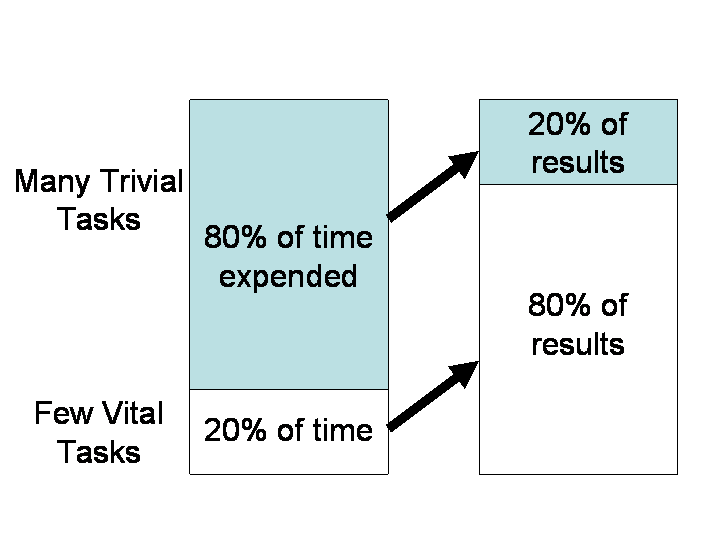AI Model Indicates Global Temperatures Will Rise Faster Than Expected
The impact of climate change on our planet is becoming increasingly evident, with rising global temperatures being a key indicator of this phenomenon. Recent advancements in artificial intelligence (AI) have allowed scientists to develop models that can predict future temperature trends with more accuracy than ever before. One such AI model has recently made headlines by indicating that global temperatures are set to rise faster than previously expected.
The Role of AI in Climate Research
Artificial intelligence has revolutionized the field of climate research by enabling scientists to process vast amounts of data and identify complex patterns that may have previously gone unnoticed. AI models can analyze historical climate data, atmospheric conditions, and other factors to make predictions about future climate trends. These models are constantly being refined and updated as new data becomes available, making them valuable tools for understanding the potential impacts of climate change.
The AI Model in Question
The AI model that has predicted faster-than-expected global temperature increases was developed by a team of researchers from leading universities and research institutions. This model incorporates a range of variables, including greenhouse gas emissions, ocean temperatures, and deforestation rates, to create a comprehensive picture of how these factors will contribute to global warming in the coming years.
The researchers behind the AI model have a track record of accurately predicting climate trends, giving their latest findings added credibility. According to their projections, global temperatures are expected to rise at a faster rate than previously thought, leading to more frequent and severe heatwaves, droughts, and other extreme weather events.
Implications of Faster Temperature Increases
The implications of faster-than-expected temperature increases are far-reaching and concerning. Rising global temperatures can lead to the melting of polar ice caps, resulting in sea-level rise and coastal flooding. Changes in temperature patterns can also disrupt ecosystems, leading to the extinction of plant and animal species that are unable to adapt to new conditions.
Human populations are also at risk from the impacts of accelerated climate change. Heatwaves and droughts can threaten food security and water availability, leading to potential conflicts over scarce resources. Vulnerable communities, particularly in developing countries, are likely to bear the brunt of these effects, exacerbating existing social inequalities.
Addressing the Climate Crisis
The findings of the AI model underscore the urgent need for global action to address the climate crisis. Governments, businesses, and individuals must work together to reduce greenhouse gas emissions, transition to renewable energy sources, and adopt sustainable practices that minimize environmental damage.
Investing in climate resilience measures is also crucial to prepare for the impacts of a warming planet. This includes building infrastructure that can withstand extreme weather events, protecting vulnerable communities, and preserving natural habitats that provide essential services, such as carbon sequestration and flood protection.
Conclusion
The AI model indicating that global temperatures will rise faster than expected serves as a stark reminder of the urgent need to address the climate crisis. By harnessing the power of artificial intelligence and other advanced technologies, we can gain valuable insights into the complex dynamics of our planet’s climate system and take proactive steps to mitigate the impacts of climate change.
It is imperative that we act swiftly and decisively to reduce our carbon footprint, protect vulnerable ecosystems, and build a more sustainable future for generations to come. Only through collective action and a commitment to environmental stewardship can we hope to avert the worst consequences of a warming planet and ensure a healthy and prosperous future for all.






